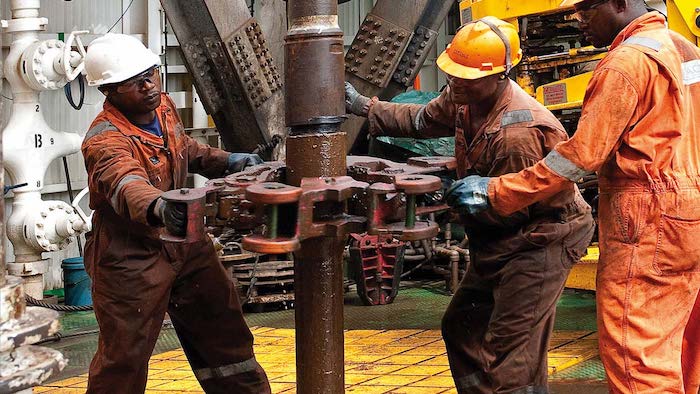Nigeria, despite being Africa’s largest oil producer, now ranks among the countries with the highest petrol prices on the continent following the removal of its long-standing fuel subsidy. This shift comes after the Bola Tinubu-led administration fully deregulated the downstream oil and gas sector, ending decades of government underpayments on petrol.
In 2022, Nigeria spent approximately ₦4.39 trillion (or $9.7 billion) on fuel subsidies, a financial burden the government attributed to dwindling public finances and the inability to fund critical development projects. While the subsidy was officially removed in May 2023, the government still incurred ₦3.6 trillion in underpayments that year before fully liberalizing the downstream sector.
Recent data from GlobalPetrolPrices.com, which tracks energy prices worldwide, reveals that Nigeria now has one of the highest petrol prices among Africa’s leading oil producers. As of December 2024, petrol sold in Nigeria at $0.768 per litre, following countries like Gabon at $0.952 per litre. However, this figure reflects prices before recent adjustments by the Dangote Refinery and the NNPC’s Port Harcourt Refinery.
Petrol Price Rankings Among African Oil Producers
- Libya: $0.031/litre (cheapest on the continent and 2nd globally)
- Angola: $0.329/litre
- Egypt: $0.335/litre
- Algeria: $0.343/litre
- Sudan: $0.700/litre
- Ethiopia: $0.718/litre
- Nigeria: $0.768/litre
The global average petrol price during this period stood at $1.24 per litre, with significant variations across countries due to differences in taxes, levies, and subsidies. Wealthier nations typically have higher petrol prices, while oil-producing nations often enjoy lower prices—except in cases like Nigeria, where subsidy removal and deregulation have driven up costs.
Globally, Iran recorded the cheapest petrol price at $0.029 per litre, while nations like Hong Kong ($3.311/litre), Monaco ($2.240/litre), and Iceland ($2.197/litre) topped the list of the most expensive petrol prices.
Call for Transparency in Subsidy Savings
The removal of Nigeria’s fuel subsidy was aimed at reallocating resources toward impactful development projects. However, many Nigerians have called on the government to ensure transparency by providing regular updates on the savings from subsidy removal and detailing the projects these funds support.
As Nigeria navigates this new era of fuel deregulation, the country must balance the economic realities of global energy markets with the expectations of its citizens for accountability and improved living standards.

